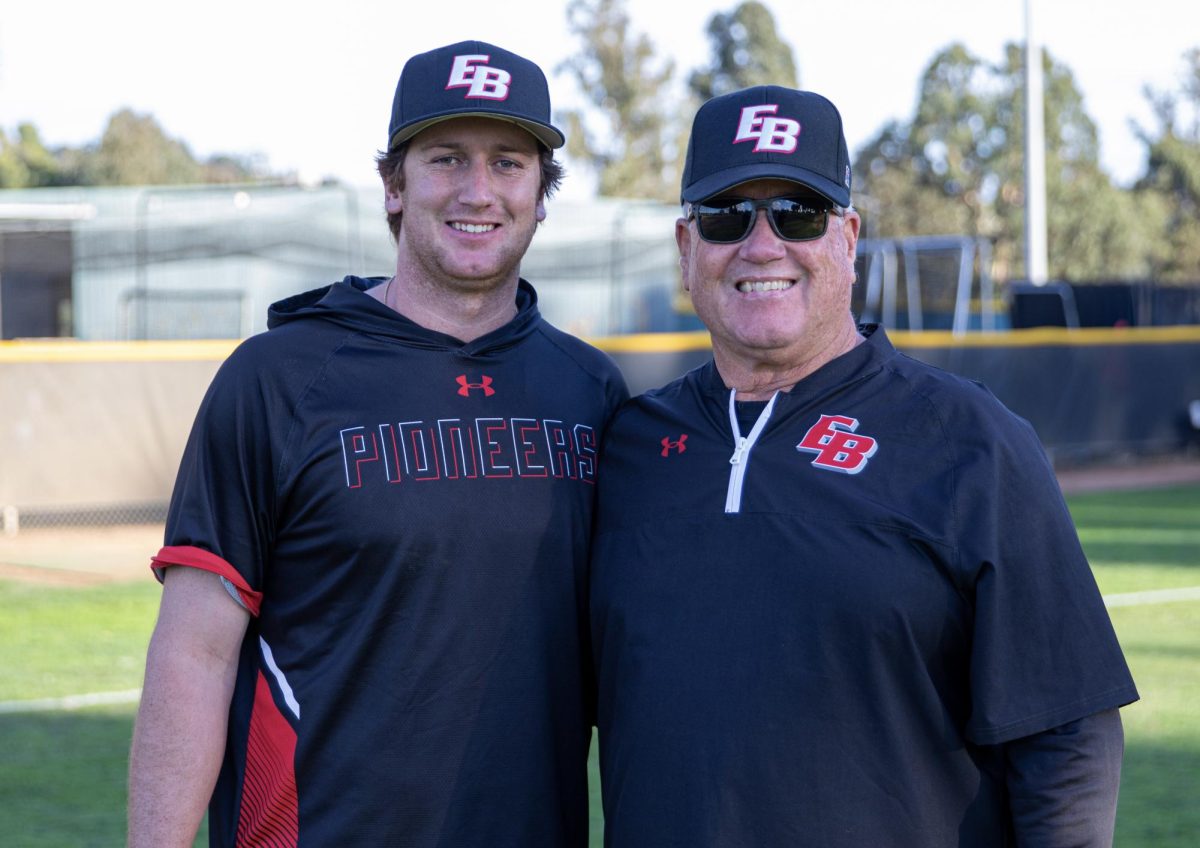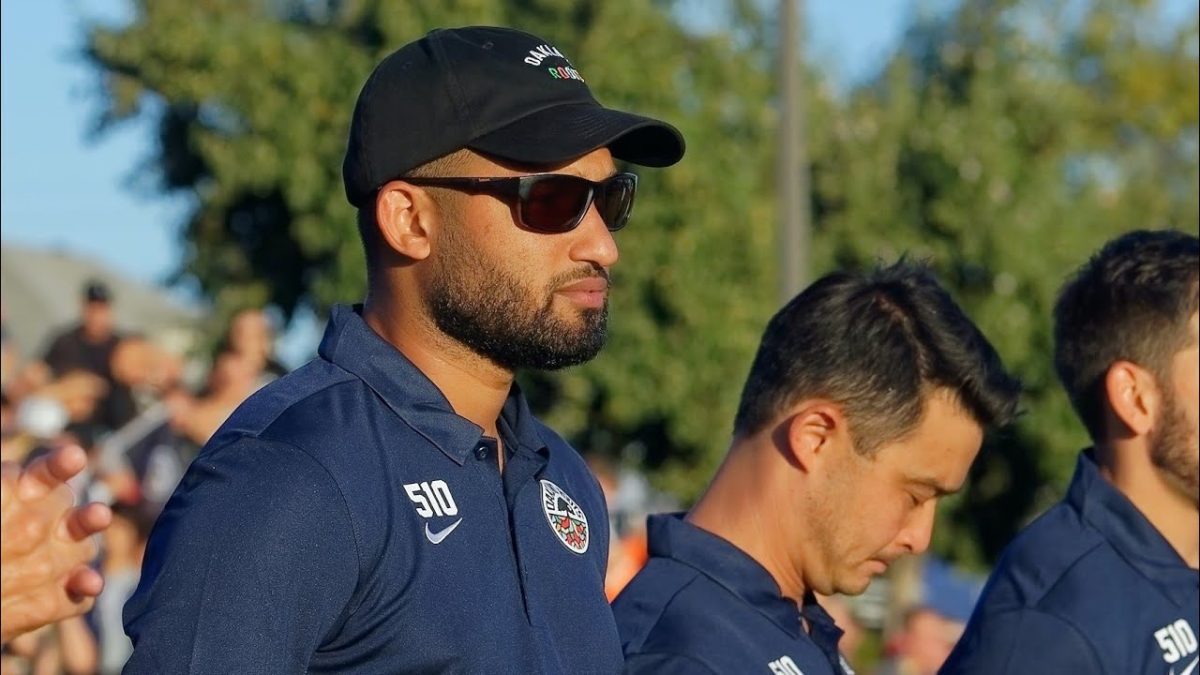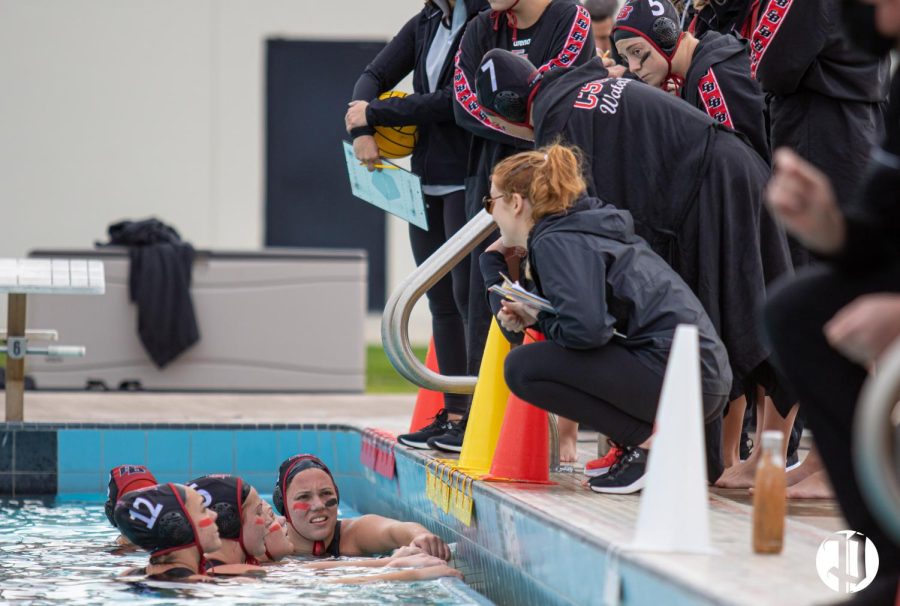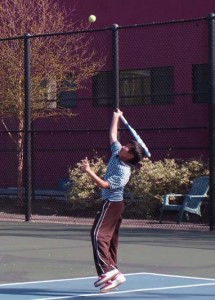
For young children living in areas where poverty, drugs and violence all too often prevail, Youth Tennis Advantage offers a place to be safe, enhance their academic performance and perfect their back-hand.
As a non-profit organization with locations at Laney College and Mosswood Park in Oakland, as well as in San Francisco and Berkeley, Youth Tennis Advantage (YTA) helps inner-city kids from disadvantaged socioeconomic backgrounds overcome violence in their neighborhoods through motivation for college and a strenuous discipline for tennis.
YTA Executive Director Loretta Conway says her experience with the organization has exposed her to the problems of children.
“I want them to have that sense of purpose and know they are important,” said Conway. “I think if we could instill that in every child, there wouldn’t be such horrible things going on in Oakland.”
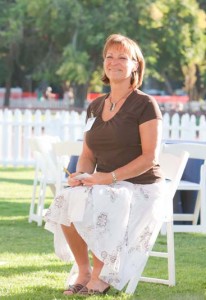
In a city with a reported 95 homicides in 2010 and 6,973 violent crimes in 2009—of which African-Americans and Hispanics had the highest percentages of both victim and suspect, according to Oakland police—after-school programs that start minority children working on college at a young age are needed now more than ever.
“Put a racket in their hand and give them a chance to play,” said Conway. “It opens opportunities you can’t even imagine if you come from some of the areas these kids come from.”
According to the Congressional Quarterly Press, Oakland was recently ranked as the fifth most dangerous U.S. city in 2010, with an alarming 25 percent of children under the age of 17 living below the poverty level.
For 10-year-old Clara Martinez, who says she wants to become a professional tennis player like her idol Serena Williams, YTA gives her a place to feel accomplished on and off the court.
“I feel safe here,” said Martinez. “I get taught how to communicate and I learn things to help me with school. They make learning really fun.”
Martinez goes to Lincoln Elementary School, which according to the City of Oakland’s 2010 4th quarter reports, resides in a high-density crime area.
Yet her parents, Trinidad and Hector, who were born and raised in Oakland, feel secure and fortunate to have their daughter at YTA.
“This place gives kids an opportunity to have goals and self-pride,” said Mrs. Martinez. “It keeps them out of trouble and shows them there’s something other than what they see on the streets. We’re just so happy Clara is here.”
Youth Tennis Advantage is a daily two-hour program that combines tennis training with academic tutoring, aiming to help underserved youth attend college and succeed in their future endeavors.
YTA believes tennis is the enhancing element of their program, asserting that tennis can serve as a catalyst of social mobility for disadvantaged youth to become scholar athletes and model citizens in their communities through integrity and discipline.
Values and strategic goals to “inspire youth to reach their full potential,” can be evidenced through a current Stanford student, who says she owes her life to the work YTA has done for her.
Nineteen-year-old Urban Studies and International Relations major Natalie Dillon is a current member of Stanford’s tennis team, and a recipient of an NCAA National Championship title, saying YTA tennis classes were crucial to her current success.
“Little did I know at age five that outside of the tennis fences were streets filled with crime, drugs and lost dreams,” said Dillon, who started her training at Hunter’s Point in San Francisco.
“Inside was a game where age, gender, race, religion, did not matter.”
Dillon believes the skills she learned from playing tennis carried over to the classroom, where she discovered that those once-lost dreams came fully into sight.
“It opened doors that I did not know existed, and helped to pave a path that led to my dreams becoming a reality,” she said. “I cannot thank YTA enough for what they have done for me.”
For Laney College Site Director Pamela Stewart, who has been working with children for more than 25 years, stories like Dillon’s make her job the most rewarding and joyful experience of her life.
“My main goal is to give these kids the same opportunities as everyone else, regardless of economic problems,” said Stewart. “The importance lies in the education of children, and we aim to give them that right.”
Yet in the hard economic times that currently exist, funding and operating expenses have been a major source of struggle for the organization, as they say they have faced several setbacks along the way.
Nonetheless, their desire as an organization to give impoverished kids a fighting chance for their future has kept them motivated to weather the storm and overcome for the students.
“We’re struggling,” said Stewart. “But we just keep it going for the kids.”
CSU East Bay professor of Sociology Efren Padilla says programs such as YTA provide an important and much needed outlet for underprivileged youth, adding that more needs to be done to keep organizations such as YTA from disappearing.
“A non-profit organization such as YTA provides an opportunity for them to improve their stakes in society both in the short-term and long-term,” said Padilla, believing that social conditions can improve in areas such as Oakland if more attention is given to those who increasingly need it.
“We can do a better job in improving inner-city conditions in this country,” he said. “If our country can harness thousands of people and divert trillions of dollars to wage a war in foreign lands, does it make sense why we can’t assist our struggling cities to take care of our young people?”
With violent crime rates in Oakland averaging twice the national average, according to FBI crime reports, children are constantly at risk of embarking on a life of crime without an involvement in positive activities that YTA members say they make every effort to offer.
As gang violence among youth has tripled, incarceration has begun at an earlier age, and high school students are dropping out at startling rates, many say they hope foundations such as YTA thrive and truly assist youth who are at risk.
Conway attributes their current success to the schools and parks that provide them the sites at no cost as well as a dedicated group of volunteers, but still says they are battling the chaotic economic period “by the grace of God,” hoping that the situation improves so they can continue to help more children.
“Just imagine, if all our cities and not just inner cities could have YTA-like activities,” says Padilla.
“Wouldn’t it be nice?”




